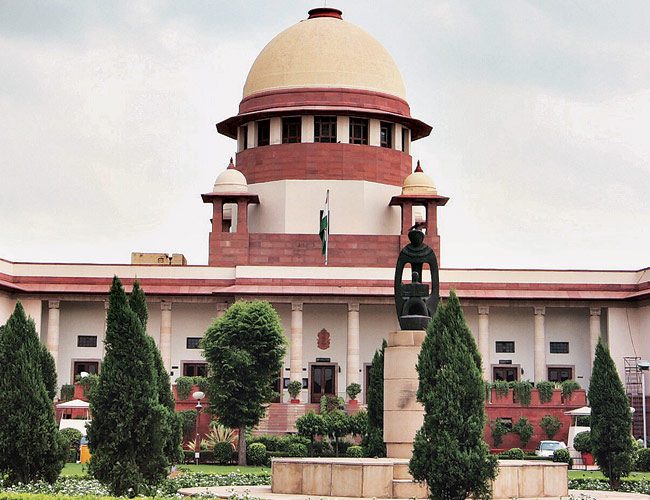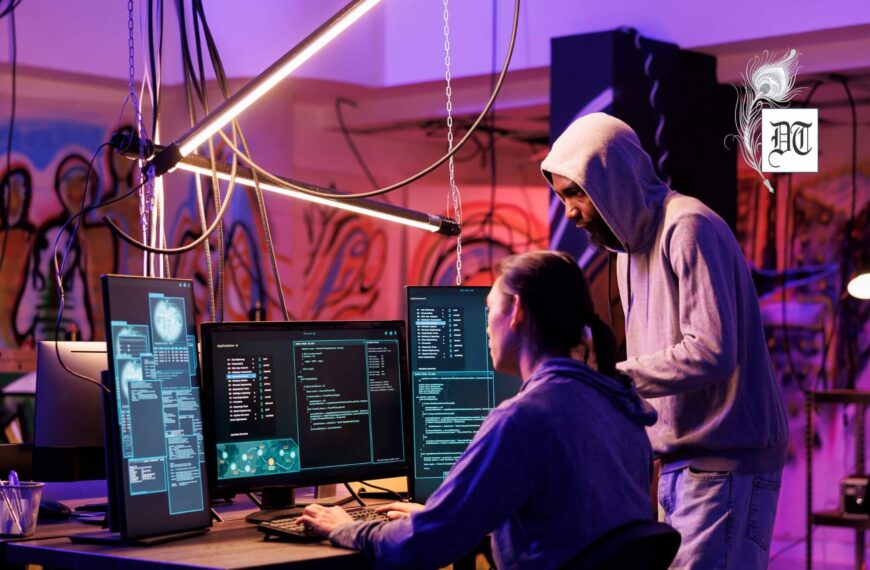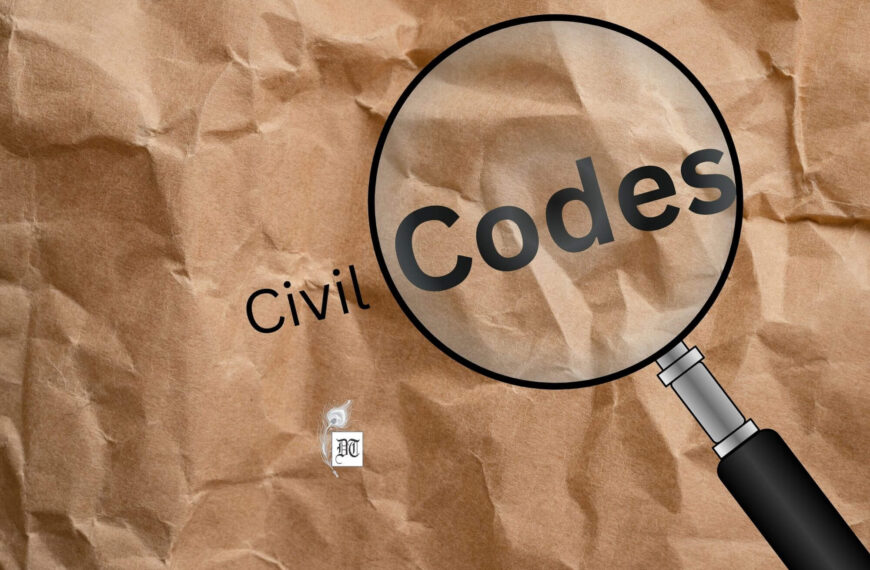The Constitution Bench of Supreme Court unanimously held that LG is an administrative head in the limited sense, and is not a Governor. He is bound by the aid and advise of NCT Government in areas other than those exempted by the Constitution, i.e., land, police and public order. The judgment was given by the Chief Justice Dipak Mishra, Justice A.K. Sikri, Justice D.Y. Chandrachud, Justice A.M. Khanwilkar and Justice Ashok Bhushan. A report, for Different Truths.
On 4th July, 2018, in a huge relief to the AAP Government in Delhi, and in a strong rebuke to the obstructionist behaviour of the Lieutenant Governor (‘LG’) of Delhi, the Constitution Bench of Supreme Court unanimously held that LG is an administrative head in the limited sense, and is not a Governor. He is bound by the aid and advise of NCT Government in areas other than those exempted by the Constitution, i.e., land, police and public order. The judgment was given by the Chief Justice Dipak Mishra, Justice A.K. Sikri, Justice D.Y. Chandrachud, Justice A.M. Khanwilkar and Justice Ashok Bhushan. In the majority opinion penned by the Chief Justice Mishra, the Court categorically held that “the status of NCT of Delhi is sui generis, a class apart, and the status of the Lieutenant Governor of Delhi is not that of a Governor of a State, rather he remains the Administrator in a limited sense.
The Court further held that the Constitution, vide Article 239AA, envisages a representative government for NCT of Delhi who is empowered to legislate on the subjects it is entrusted with, and to undertake policy decisions on the same. Barring three subjects mentioned above, i.e., land, police and public order, the Government of NCT of Delhi has both legislative and executive powers to legislate on all areas of governance in Delhi. Most importantly, the Supreme Court held that the LG is bound by the ‘aid and advice of the Council of Ministers, except when he refers a matter to the President for final decision. Further, the LG cannot refer ‘any’ matter to the President, thereby derailing the decision-making process, but only in cases where the LG has a difference of opinion from the Ministers based on a sound rationale.
Referring to the Transaction of Business Rules, 1993, the Court states that LG must work harmoniously with the Council of Ministers, and “must not seek to resist them every step of the way.” Significantly, the Court also held that all decisions of the Council of Ministers have to be communicated to the LG, but his/her concurrence on every decision is not required. The Court reminded the authorities that both LG and the Government of NCT are constitutional functionaries and ought to respect the spirit of the Constitution, and work harmoniously with each other, rather than demonising each other.
In his concurring opinion, Justice Chandrachud highlights the importance of representative democracy, and what was intended for the NCT of Delhi. He further states that “in a cabinet form of government, the substantive power of decision vests in the Council of Ministers with the Chief Minister as its head. The aid and advice provision contained in the substantive part of Article 239AA(4) recognises this principle.”
Thus, the judgment clarifies the division of powers in administration between the Union of India, and the Government of NCT of Delhi, the latter’s governance was almost paralysed for four months, owing to the alleged non-cooperation of the IAS officers. As per the Supreme Court decision, the GNCT has power over all subjects, except three, which does not include ‘service’, thereby indicating that GNCT would have powers over the service conditions of the bureaucrats serving in the Delhi Government. Now it remains to be seen whether the judgment is followed in its true spirit or not.
Whatever may be the outcome of this decision, the Supreme Court judgment is a stinging rebuke of the highly unconstitutional methods adopted by the Central Government to strangle the administration of NCT. With its repeated emphasis on cooperative federalism and representative democracy as well as on constitutional morality, the Apex Court sought to remind the Central Government that India is still a federal country, where the States have a critical role in the governance, and representing the will of its people. Delhi may not be State, but it has a representative form of government, which cannot be throttled, and the State be governed remotely through the office of LG. It is an affront to the citizens of Delhi who have exercised their democratic right to elect a government of their choice, and also to the will of the Parliament, which expressly provided a representative government to Delhi under Article 239AA.
The current political regime at the Centre may not believe in the Constitution, rather it assaults the Constitution on a daily basis, but the people of Delhi believe in the sanctity of the Constitution as well as representative form of democracy, and would not let the hubris of the Centre to shine through.
Amritananda Chakravorty
©IPA Service
Photo from the Internet





 By
By
 By
By
